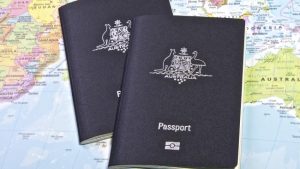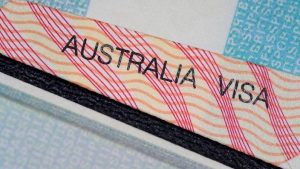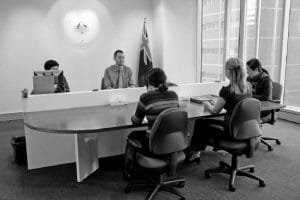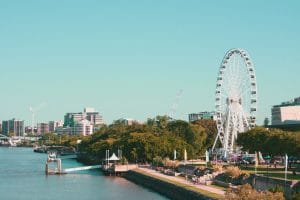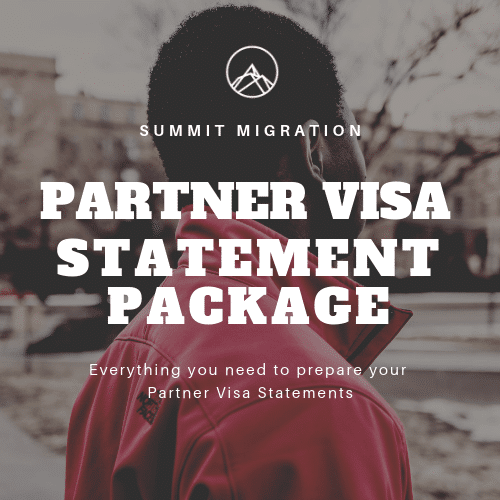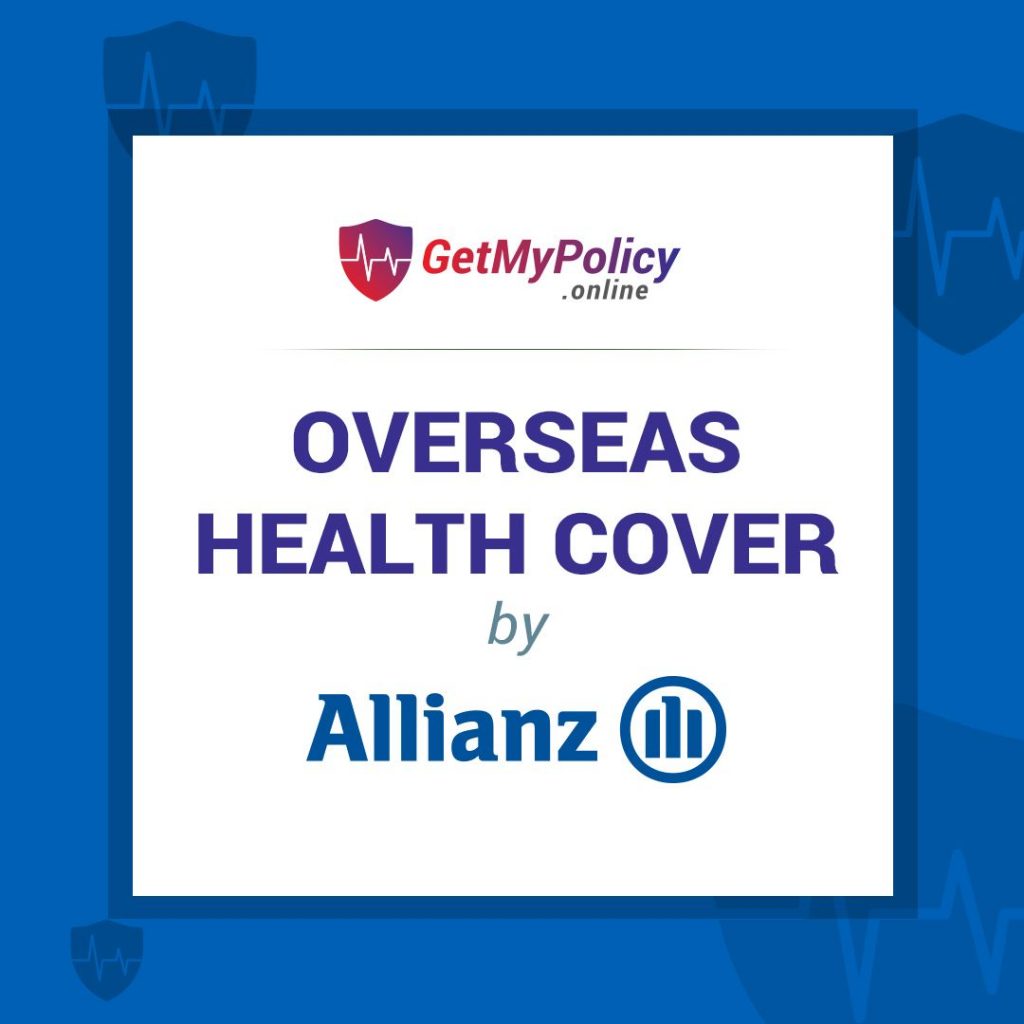
TEMPORARY PROTECTION VISAS (TPV/SHEV)
Asylum seekers who arrive in Australia without a visa via boat are subject to specific restrictions. If you are seeking asylum, then you must apply to the Department of Home Affairs (DOHA) for a protection visa.
If you can prove that you have reasonable, well founded fears that are your grounds for seeking asylum, and you pass the health, character and security checks, then you may be granted temporary protection in Australia in the form of a Safe Haven Enterprise Visa (SHEV) or Temporary Protection Visa (TPV).
An asylum seeker who has arrived without a visa and does not put in a SHEV or TPV application is likely to be detained and be made to leave Australia.
WHAT TYPE OF VISA
- Temporary Protection Visa (Subclass 785)
- Safe Haven Enterprise Visa (Subclass 790)
TPV / SHEV DIFFERENCES

THE ‘SHEV PATHWAY’ TO OTHER VISAS

If you have a SHEV, and you or a family member on your SHEV application complete 3.5 years of work or study in a regional area, then you may be able to apply for some work, student or family visas. For this reason we generally recommend most clients apply for the SHEV pathway.
During that 3.5 years, you or a family member must have been:
- employed in a SHEV regional area (full-time, part-time, temporary, casual, or seasonal) and not received Centrelink Special Benefit payments; OR
- enrolled and physically attending full-time study in regional Australia; OR
- involved in a combination of the above work and study.
- You can make the application as soon as the 3.5 years has been completed. You can make up the 3.5 years work/study over different SHEVs. For example, you may only do 2 years of work on your first SHEV and 1.5 years of study on a second SHEV to make up the 3.5 years. You should keep a record of your work and study on DHA Form 1465.
Key Points of the TPV/SHEV Pathway
- You will need to demonstrate that you meet the criteria for a refugee.
- Your Family members that remain dependant on you are secondary applicants on your TPV or SHEV applications.
- Australia has modified the Refugees Convention into its domestic laws, so a finding under Australian law is not conclusive that you are not a refugee.
- The SHEV pathway does not penalise you for failing to live or work regionally, it simply requires that you express and intention.
- If the circumstances have changed in your home country when you apply for a second TPV or a SHEV, you should seek migration advice.
- If your TPV or SHEV application is refused you will only be able to appeal to a special quasi-judicial body known as the Immigration Assessment Authority.
APPLY FOR A SUBSEQUENT TPV / SHEV
Find out how how to apply for a subsequent TPV/SHEV Application here.
HOW WE CAN HELP WITH YOUR TPV / SHEV APPLICATION
One of the main issues that can arise with a TPV/ SHEV Visa application is difficulty of showing that you continue to hold a well-founded fear of persecution for reason of race, religion, nationality, imputed political opinion or membership of a particular social group. Additionally, there are stringent identity and character requirements which can complicate your application process.
The agents at Summit Migration are experts in this area, specialising in drafting legal arguments that use country information, expert opinion and case law to give your application the best chance of success.
- We specialise in refugee matters and have in-depth knowledge of the Australian protection visa regime.
- Years of experience preparing legal submissions supporting Refugee and Protection Visa Applications
- We have dealt with Refugee claims from over twenty countries.
- We take each case personally as we know how critically important these applications and appeals are to your future
- Your protection visa application is the most important legal process you may ever be involved with. If you choose the right representative, you can give your claims the best chance of success.
Our Immigration Lawyers can advise you on which Protection Visa Pathway is best for you, and with demonstrating to the Department of Home Affairs that you meet the convention definition of a refugee. Please contact us today for further information and advice.
If you have received a visa refusal, then the solicitors at Summit Migration may be able to assist. Find out more about appeals for visa refusals here. Alternatively, you may be eligible for Ministerial Intervention.
Summit Migration provides free 15-minute, no-obligation phone consultation. Claim your free telephone consultation today. Call us on (07) 31777609 to speak to a Registered Migration Agent about your matter.

